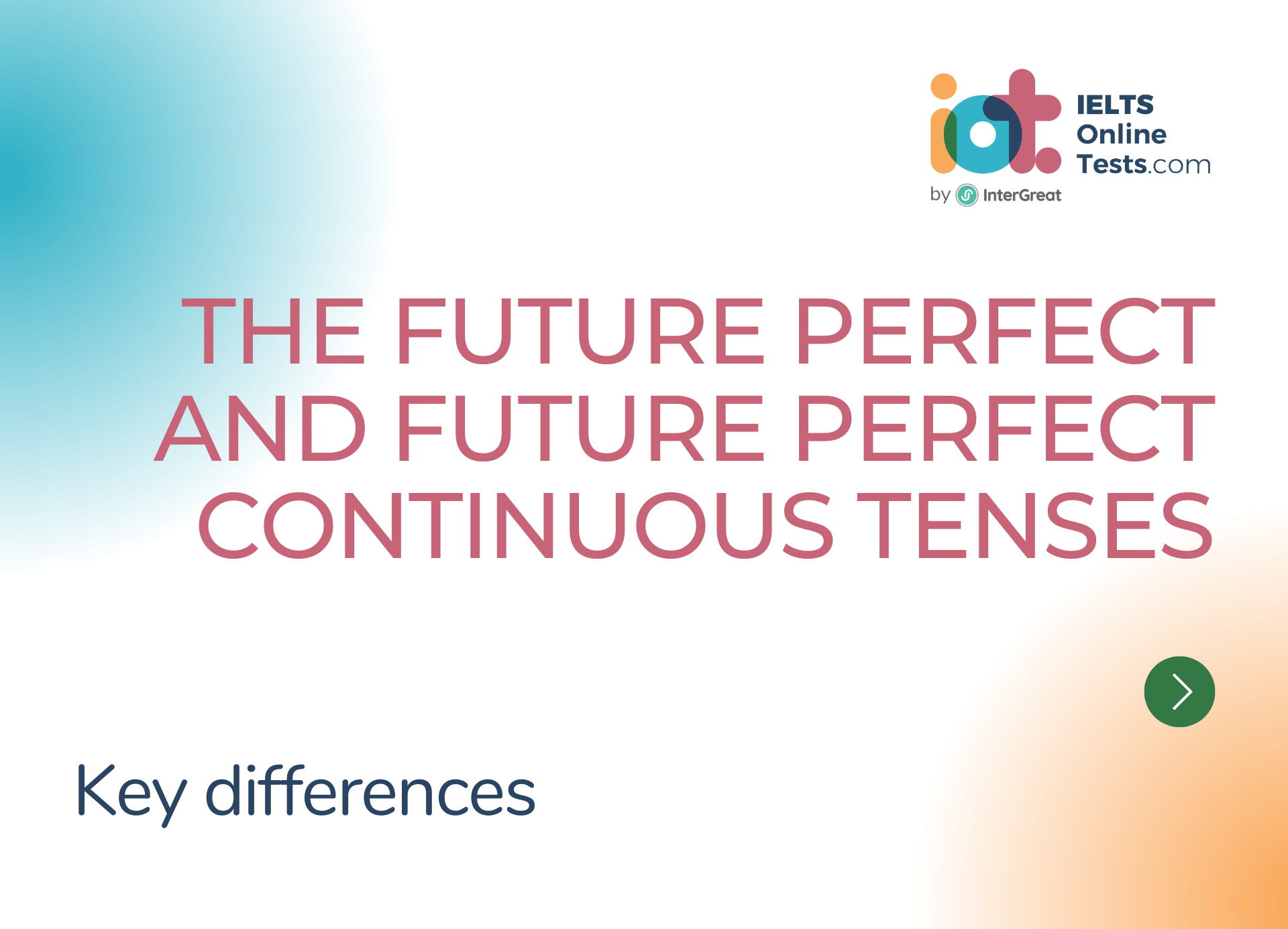
Key differences between the Future Perfect and Future Perfect Continuous tenses
Here's a comparison between the future perfect and future perfect continuous tenses:
Future Perfect Tense:
- Describes actions or events that will be completed before a specific future time or reference point.
- Indicates the completion or result of an action or event in relation to a future moment.
- Uses the auxiliary verb "will have" + past participle of the main verb.
- Example:
- By the end of the month, I will have finished my project.
- She will have traveled to five different countries by the time she turns 30.
- They will have completed their studies before they start their new jobs.
Future Perfect Continuous Tense:
- Describes ongoing actions or events that will have a duration leading up to a specific future time or reference point.
- Emphasizes the continuous nature of an action or event before another future action or moment.
- Uses the auxiliary verb "will have been" + present participle (-ing form) of the main verb.
- Example:
- By 10 PM tonight, I will have been studying for six hours.
- They will have been working on the assignment for two weeks by the time it is due.
- She will have been living in that city for a year by the end of the month.
KEY DIFFERENCES:
| Future Perfect | Future Perfect Continuous | |
| Completion vs. Ongoing Action: | Indicates the completion or result of an action or event in relation to a future moment. | Emphasizes the ongoing nature and duration of an action or event before another future action or moment. |
| Verb Structure: | Uses the auxiliary verb "will have" + past participle of the main verb. | Uses the auxiliary verb "will have been" + present participle (-ing form) of the main verb. |
| Time Reference: | Focuses on the completion of an action or event before a specific future time or reference point. | Focuses on the ongoing duration of an action or event leading up to a specific future time or reference point. |
| Usage: | Used to describe actions or events that will be completed before a specific future time or reference point. | Used to describe ongoing actions or events that will have a duration leading up to a specific future time or reference point. |
While both tenses involve the auxiliary verb "will have," the distinction lies in their focus. The future perfect emphasizes the completion or result of an action or event, while the future perfect continuous emphasizes the ongoing nature and duration of an action or event leading up to another future action or moment.




